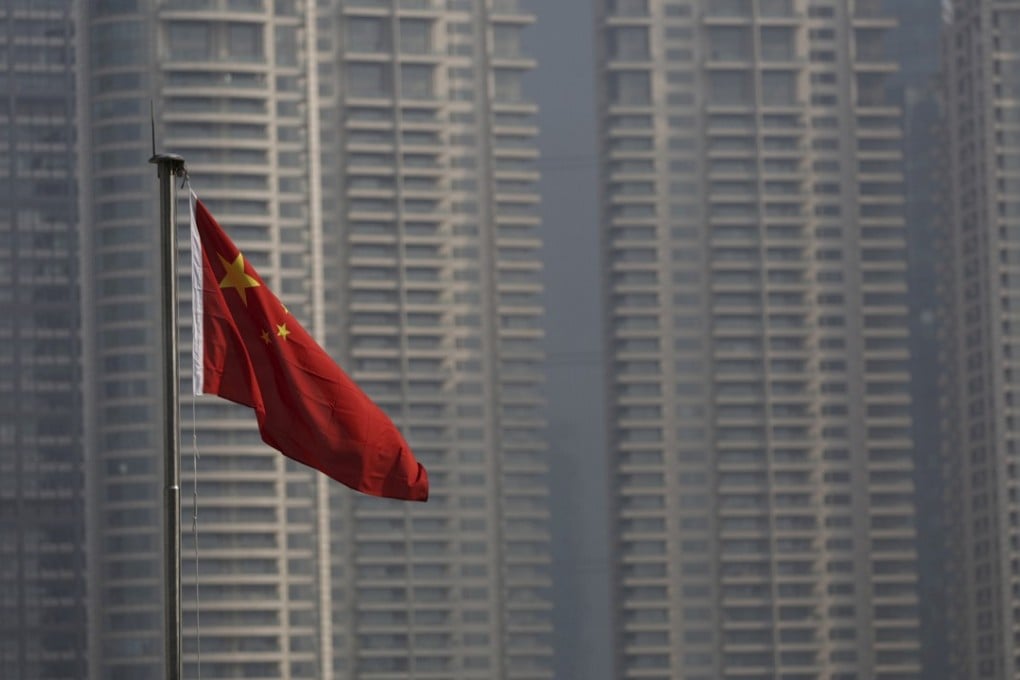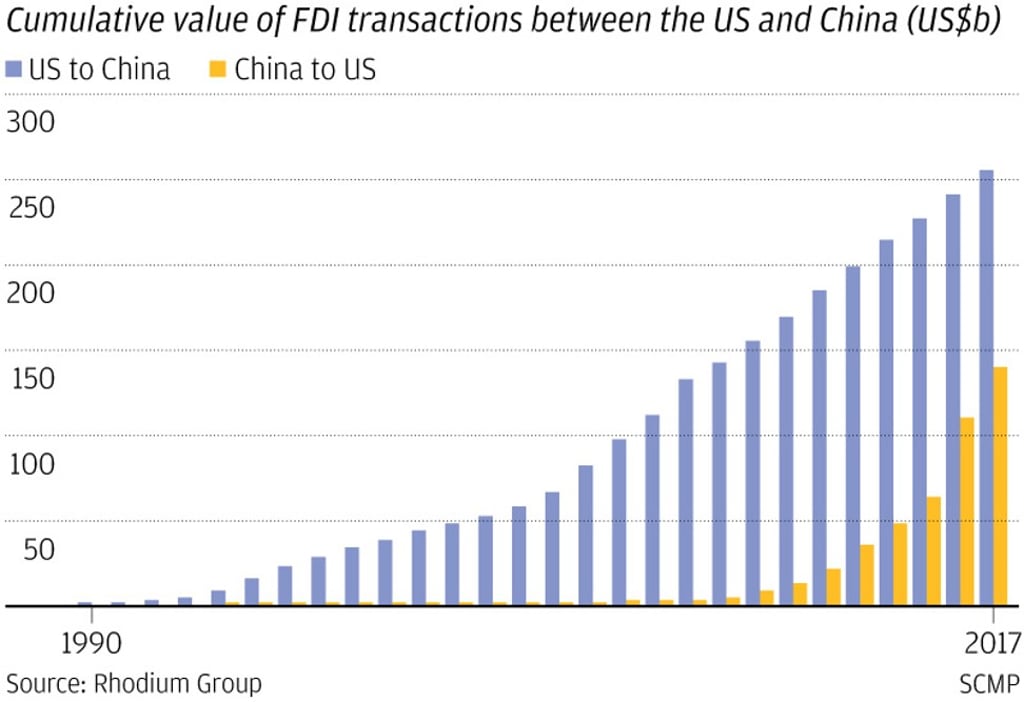The View | Foreign investors have taken note of China’s easing on FDI. The US government should, too
- Dominic Ng says while Beijing’s moves do not go far enough, they have made a real difference to foreign businesses entering the Chinese market, including US firms. Trade negotiators on both sides should seize on the opportunities this presents

While China still does not have the same openness to foreign investment seen in advanced economies such as the United States, it has made significant improvements in the past three years, with positive results for foreign companies. For one, it has moved from a “positive” to a “negative” list approach.
Under the previous system, foreign firms were only allowed to invest in sectors that were on a positive list of “encouraged” sectors, and every investment required approval by the government. Those approvals were often coupled with formal restrictions (for example, requirements to enter a joint venture) or informal expectations (such as sharing technology). Under the new regime, foreign firms are now by default allowed to invest in every sector, unless it is specifically mentioned on a negative list of restricted sectors. Moreover, for sectors not on those lists, firms do not have to apply for approval any more, but are merely required to register their investments.

